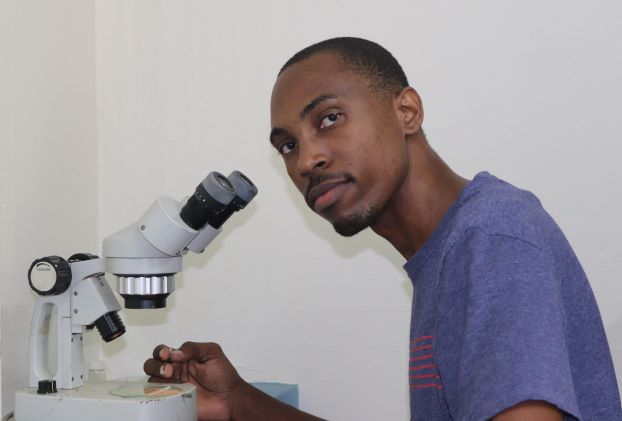Interests:
The synthesis and characterization of functionalized pyridyl benzothiazoles, their transition metal complexes and their application to catalytic processes.
The synthesis and characterization of transition metal complexes bearing hydrazone derivatives.
Electrochemical studies of transition metal complexes, electro-catalysis, activation of small molecules (such as CO2), and the production of hydrogen by electrochemical methods.
Electro-synthesis of fine chemicals by radical insertion into carbon dioxide.
Kinetics and reaction mechanism of transition metal complexes.
The primary objectives of the projects are to prepare and characterize efficient electro-catalyst for reduction of carbon dioxide and protons, based on complexes derived from substituted benzothiazolyl-N-phenyl-2-pyridinecarbothioamide and di-2-heteroaromatic hydrazones. The electro-catalytic reduction of CO2 is aimed at producing low molecular weight fuels, such as methanol, or to produce fine chemicals such as carbamates, while the electro-catalytic proton reduction is geared towards the production of hydrogen. These are of interest globally and regionally as there is a need for alternative fuel sources, as well as the need to directly sequester CO2 from the atmosphere. To achieve the objectives of the project, detailed characterizations, with an emphasis on electrochemical and spectroscopic properties of the complexes are undertaken, following which the application to various homogeneous- and electro-catalytic applications are explored. Mechanistic details of the electrochemical processes are investigated with the aid of digital simulation of voltammograms as well as ab initio calculations.

